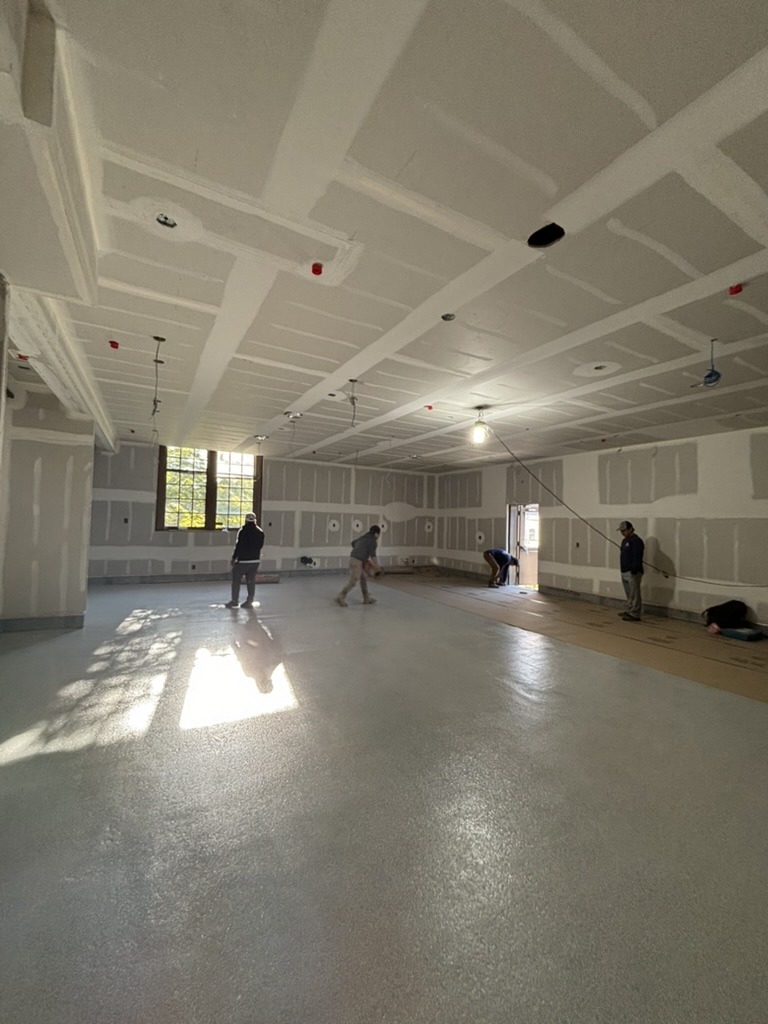Autumn reminds us that change, both natural and human-made, is constant. Change in the weather, our community and the world. Quickly, trees become brittle and lose their leaves, the air grows cold and dry and the quad is emptied out. But these changes extend beyond nature: chain-link fences sprouted up at the center of campus, sheets of plastic now barricade the Claudia Boettcher Theatre and the art room has now become the art rooms. Change touches every corner—from the fields, where sports ceremonies are transforming, to academics, where Advanced Placement classes will become history in a matter of years.
Oftentimes, change is given to us, handed down through generations or thrust into our hands, indiscriminate to whether it’s good or bad. And when faced with these changes, how does one respond? One option is to ignore it, isolate ourselves and only worry about the immediate until they’re impossible to ignore. Another is to grow accustomed to the shifting reality and accept each day as a fact of life. Alternatively, one can resort to complaining about the change, often half-heartedly without any follow ups
As students, our ability to create change is only limited by our willingness to act. Change comes from within and it can come right now. The Executive Committee is currently working on a bill to bring back club boards. The Young Democrats Club helped students register and preregister to vote. Others are simply creating spaces to share opinions and thoughts.
Performing arts students have not only adapted to these changes but actively embraced them with creativity. After losing access to the Claudia Boettcher Theatre, the Masters Dance Company transformed the fencing studio into a new performance space for its fall showcase. Similarly, the casts of the fall play “Antigone” were forced outdoors, but skillfully used Estherwood’s ambient lighting and Renaissance Revival architecture to bring the story to life. Change isn’t a one-way street: it can find origins in the smallest of crowds, the minutest of kindling. They change us, we can change them.
Beyond campus, change is, of course, national. The presidential torch will be passed forward in a matter of weeks, but the country will no doubt remain as polarized as ever. Even globally, change is creeping in. A forest fire in New Jersey, fueled by the effects of global warming, has triggered a burn ban across New York State.
Ask yourself: where does change come from and where can it come from? What can it achieve? And how can I be part of it?






